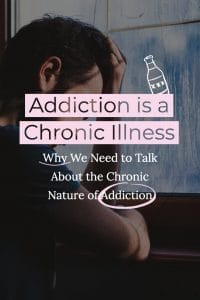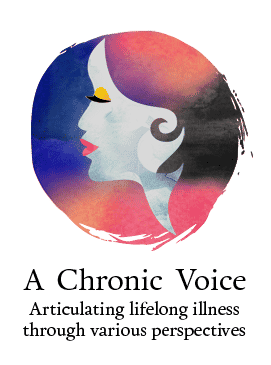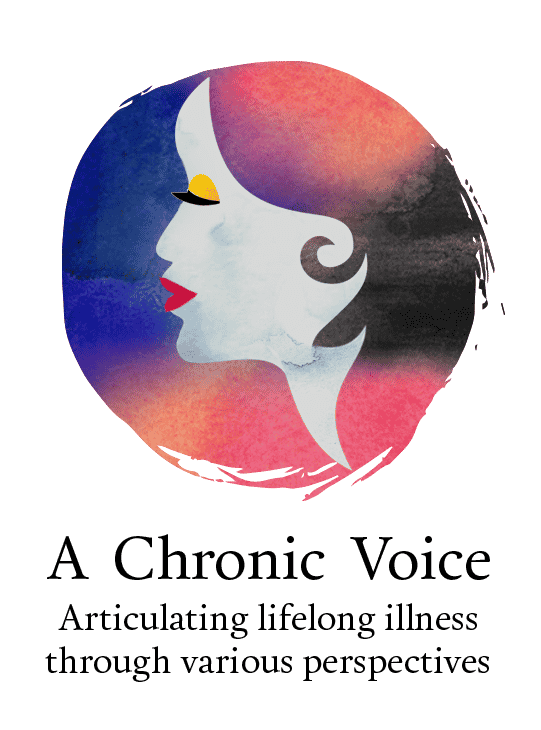Addiction has been present in human societies since, well, the first human societies. Addictive behaviors are observed in some of the most fundamental biological processes underlying learning and motivation across the animal kingdom. These facts paint addiction as less of a ‘moral failure’ and more of a brain disorder rooted in biology, not deficiency.
Despite the body of evidence that addiction is a chronic illness, only recently has the medical community framed it as such. Addiction wasn’t classified as a disease until 1987. It wasn’t until 2011 that the American Medical Association classified it as a chronic brain disorder and not a behavioral disorder (which implied that addiction was solely the result of bad choices).
In the decade since the AMA changed its tune, society has been slow to catch up. The reasons for this delay are manifold and well beyond the scope of this post. It suffices to say that our society at large still holds a particular stigma (and fascination) regarding addiction.
Table of Contents
The Paradox of Celebrating and Stigmatizing Addiction
The dual tendency of stigmatizing addiction while romanticizing addicts has been a pop culture trope for a long time. Sherlock Holmes had a notable opium addiction, after all. Rock idols who died due to addiction are elevated to somewhat ‘immortal’ status, while many ignore the human cost of their addiction—think Janice Joplin, Jimmy Hendrix, and Jim Morrison to cover a few. Why are drugs and alcohol treated with an odd mix of shame and reverence?
This romanticization of addiction in popular myth stands in stark contrast with the actual lived experiences of addicts. It paradoxically contrasts with the public policy legislating the use of drugs and alcohol in the US.
Some Paradoxic Messaging:
Why have working-class Americans received winks from Sackler lackeys in the pharmaceutical industry while simultaneously receiving placid warnings about the dangers of heroin and fentanyl? Why is alcohol woven into the very fabric of American social life, but marijuana is still relegated to a strange peripheral state between legal and illegal, between tolerated and celebrated?
The result of all these confusing and chaotic opinions, attitudes, and policies generates a critical lack of understanding surrounding addiction. This only serves to muddy the waters for the families and friends of addicts—addicts who need love, support, and patience to find solid ground amidst the swirling cacophony of contradictory messaging.
The Voices of Addicts Should Be Amplified
The voices that get lost in the mess of mixed messaging are those voices that need to be heard the most—those whose lives are directly impacted by addiction. The only way to dispel the myths surrounding addiction—like the myth that it is the direct result of poor choices or a moral failing of addicts themselves—is to amplify the lived experiences of addicts and conduct ground-up outreach about the true chronic nature of addiction.
This outreach is vital for a few reasons:
- People who have an addiction might not have access to the knowledge and education necessary to put the illness in its proper medical context, leading them to internalize misinformation surrounding their illness or to try and hide their illness for fear of social repercussions.
- Increased awareness of addiction as a chronic disease can alleviate stigma and increase empathy/support for people with addiction.
But what should that outreach look like? Here is a brief rundown on why addiction is now considered a chronic illness:
Talking About The Chronic Nature of Addiction
When you analyze the facts, addiction presents itself like many other chronic illnesses observed in humans. There are many parallels between chronic diseases like addiction and chronic diseases like type II diabetes, cardiovascular disease, cancer, or asthma.
Addiction Results From Environmental Factors and Genetic Factors
Like the causes of cancer, cardiovascular diseases, or type II diabetes, the causes of addiction are both environmental and genetic.
Genetic Factors for Addiction
For example, some people’s brains are wired in such a way as to have more types of opioid receptors present. This genetic variation makes the people who possess it more susceptible to developing an opioid addiction.
Note that this is one example of the many different genetic precursors that can lead to addiction. Also, these types of genetic predispositions are categorically identical to genetic variations that make a person more likely to develop cancer or cardiovascular disease.
Environmental Factors For Addiction
Just as a person’s diet, socio-economic status, and stress levels can lead to an increased risk of developing chronic illnesses like cancer, cardiovascular disease, and type II diabetes, these environmental factors can also lead to a person developing an addiction. Chronic illness occurs when environmental triggers and genetic predispositions come together.
A person’s stress levels can influence the development of cardiovascular disease, just as they can influence the development of an addiction.
Addiction, Like Other Chronic Diseases, Alters the Body
Just as cardiovascular disease alters the function and structure of the heart, addiction alters the function and structure of the brain. Nebulous justifications (like moral weakness) for why an addict becomes addicted cannot supersede the hard evidence of brain scans and other data-driven tests that show the physical effects of addiction on the brain.
Relapses Are (More) Common In Other Chronic Illnesses
Between 40% and 60% of addicts will experience a relapse in their lifetimes. However, this isn’t as high as the relapse rates for other chronic illnesses. People with asthma, another chronic illness, are between 50% and 70% likely to experience a relapse of symptoms. This same relapse rate is present (50% – 70%) in people with the chronic disease of hypertension.
Start With The People Around You
Changing society’s attitudes toward addiction might first appear to be a herculean task. You shouldn’t expect to change the world, but you can influence your immediate community. Top-down change is much less effective than change from the bottom-up.
Disclaimer: This article is just a rough guide and is based on the writer’s opinion. Nothing should be taken as medical advice. Always be sure to check with your doctor before you start on any new treatment or protocol.
If you liked this article, sign up for our mailing list here so you don’t miss out on our latest posts! You will also receive an e-book full of uplifting messages, quotes and illustrations, as a token of appreciation!
Pin to Your Health, Wellness & Chronic Illness Boards:

Contributor Bio



